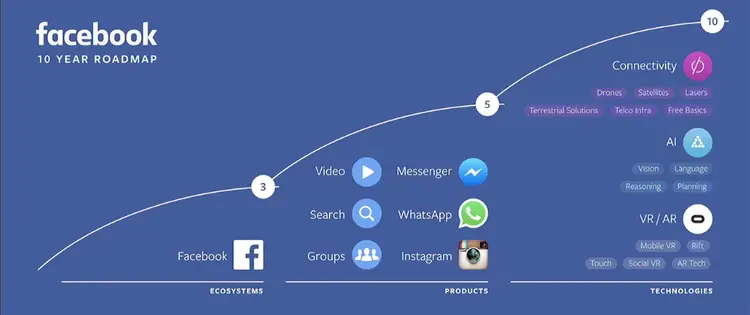When Your Business Needs a Website and Not a Mobile App: Making the Right Digital Choice
In the ever-evolving landscape of digital technology, businesses often find themselves at a crossroads: should they invest in a website or develop a mobile app? While mobile apps offer tailored user experiences, websites continue to be a fundamental online presence for many businesses. Understanding when your business needs a website instead of a mobile app is crucial for making informed digital decisions. In this article, we’ll explore scenarios where a website proves to be the ideal choice for your business.
- Broader Audience Reach:
Websites are accessible to anyone with an internet connection and a device with a web browser. They cater to a wider audience, including users on various devices and platforms. If your goal is to reach the maximum number of people, especially those who may not want to download and install an app, a website is the way to go.
- Informational and Content-Oriented Businesses:

If your business primarily deals with providing information, resources, or content, a website is the optimal choice. Blogs, news platforms, educational websites, and content-based businesses can effectively present their offerings through websites. Websites allow businesses to organize and display extensive information, making it easy for users to access and share content.
- Search Engine Visibility:
Websites are more easily discoverable through search engines. Search engine optimization (SEO) techniques can be applied to websites, improving their visibility and driving organic traffic. When potential customers search for products or services related to your business, a well-optimized website increases the likelihood of them finding you.
- Cost-Effectiveness:

Developing and maintaining a website is generally more cost-effective than creating a mobile app. Websites can be built to be responsive, adapting to various screen sizes, reducing the need for separate designs for different devices. Additionally, website updates and changes can often be implemented more swiftly and at a lower cost compared to app updates.
- Frequent Content Updates:
If your business model involves regular content updates such as blogs, news articles, or product listings, a website offers the flexibility to make these changes swiftly. Websites provide content management systems (CMS) that empower businesses to update their content without requiring users to download updates, ensuring real-time information dissemination.
- E-Commerce and Online Shopping:
For businesses engaged in e-commerce, websites are essential. Users prefer the convenience of browsing products and making purchases directly from their web browsers. E-commerce websites can be optimized for a seamless shopping experience, including features like product catalogs, secure payment gateways, and order tracking systems.
- Leveraging Social Media and Online Marketing:

Websites play a pivotal role in online marketing strategies. They serve as landing pages for marketing campaigns, allowing businesses to direct traffic from social media platforms and online advertisements. A well-designed website can efficiently convert visitors into customers, making it an invaluable tool for digital marketing efforts.
While mobile apps offer tailored experiences and interactive functionalities, websites remain indispensable for businesses aiming to establish a robust online presence, reach a broad audience, and effectively convey information. By considering the nature of your business, your target audience, budget constraints, and marketing goals, you can make an informed decision about whether a website is the right choice for your digital strategy. Remember, a well-designed and optimized website is a powerful asset that can significantly enhance your business’s online visibility and customer engagement.







